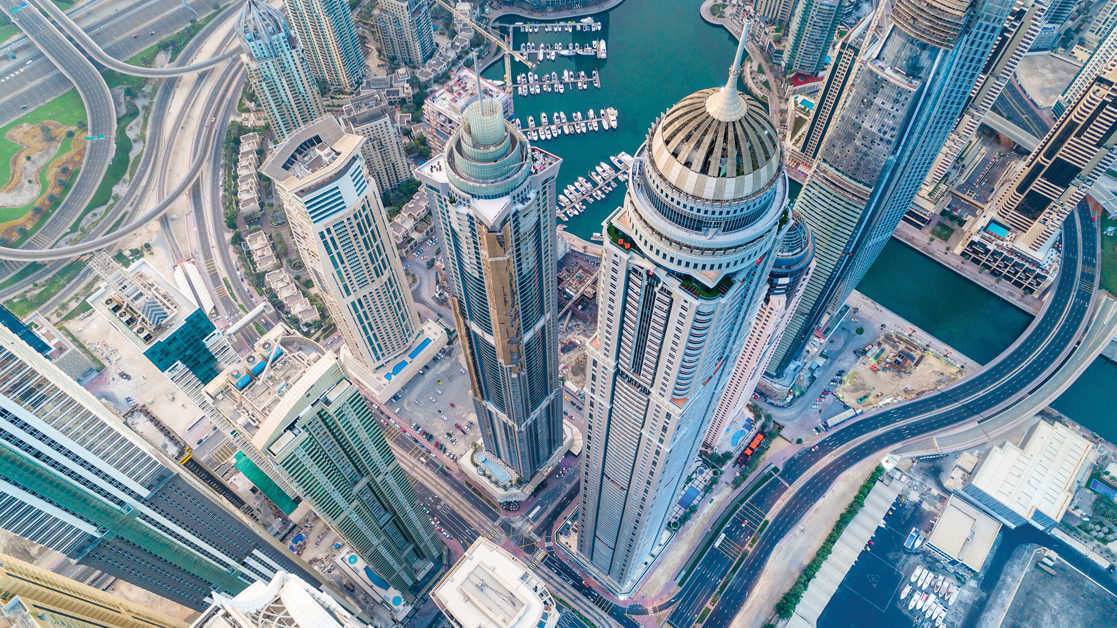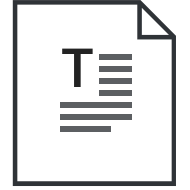Dubai is far from a typical Gulf city state. Like many of its neighbours, oil, discovered here in 1966, played a pivotal role in its ascendancy. Today, however, revenues from oil are dwarfed by those from financial services, commerce and leisure. A city state of 3.1m people, Dubai can boast one of the world’s leading airlines, the tallest building on the planet, mass tourism and a highly industrialised economy. Enjoying a position as the fulcrum on which the region’s economy pivots, it’s a 21st century city with the brightest of futures.
Unsurprisingly, Dubai’s booming economy, advanced regulation and sophisticated infrastructure, have been attractive to insurers and reinsurers. But it takes a particular approach to thrive. While many have sought to benefit from Dubai’s world city status, it’s those organisations that have taken a long-term view and built their businesses over time that have survived and prospered.
Success not guaranteed
So, what does it take for an insurer to succeed in Dubai? And why has the city proven such a magnet for the wealthy and the entrepreneurial? There’s no single answer – and the team at Liberty Specialty Markets should know, with many years’ experience in the market. We’ve been here since 2006, based in the International Financial Centre. In fact, Liberty was one of the first businesses to trade from this platform. While several locations have vied to become the region’s financial centre from the 1970s to the turn of the century, from 2001 onwards everything moved in Dubai’s favour. Export, shipping, small businesses came first, then the bluechip companies, then travel and tourism followed. And once the region began to grow, it grew at a pace.
While Dubai was first seen as a base from which to target business from the Gulf Cooperation Council, GCC nations – which includes countries on the west bank of the Persian Gulf – it became much more than that. First, the broader Middle East, now MENA and countries beyond see Dubai as the regional hub for their insurance business. Countries including Turkey, Pakistan and India, which historically placed business into Singapore and London, now started to place business here. And still we’re developing. East Africa, southern Africa, even countries like Kazakhstan and Azerbaijan have entered Dubai’s sphere of influence.
Three key factors
All of which leads us to the first of our success factors: talent. The unique characteristics of Dubai call for a team of staff who speak a range of languages and encompass a broad cultural heritage. We have a highly-educated team including more than 12 nationalities. Why? Because in Dubai there is no single dominant business nationality; there are more than 160. So, because our team deal with so many nationalities daily, we need staff who speak a ‘bouquet’ of languages and have a deep cultural awareness. For example, I’m Lebanese by birth, hold French nationality and speak three languages; many of my colleagues speak four. Over the last 28 years, I’ve lived in Saudi Arabia, Bahrain, Oman, the United Arab Emirates and Cyprus. In addition, I know all the major cities of the region personally – and I’m not untypical of the region. If you want to build lasting relationships in such a cosmopolitan environment, a broad cultural experience and local knowledge become less ‘nice to have’ and more essential.
The second factor relates to empowerment. It was Liberty’s strategic decision that its Dubai office would not merely be a postbox. We wanted our underwriters to be markets in their own right and have the authority to make decisions – and that’s what has resonated so powerfully with our clients. A fast, intelligent service that can give a firm ‘yes’ or ‘no’ within a day or so. Not everyone took the same approach. Others saw their Dubai operations as just shop windows, which in turn led the market to ask: why am I dealing with you when I could save time by going straight to your head office? It’s these postbox operations that have proved unsustainable.
Our third factor is virtually our office mantra: provide the right products and services to the right markets. A simple premise, you might say, but no less important for that. With so many different needs and wants across multiple countries in the MENA region, our products and services are tailored to the needs of our insureds. Being able to offer this customised service to our clients and brokers over the long term has proven a benefit to our clients and at the same time, has helped us establish a sustainable position in the market.
Vision of Dubai’s future
Looking ahead, Dubai’s position within the Middle East is secure. This is a beacon of stability in a region that’s had its fair share of unrest and conflict. Dubai is one of the seven emirates that comprises the United Arab Emirates, of which Abu Dhabi is the backbone. Not only is the UAE peaceful, it plays a very positive political role as a peace-maker within the United Nations and the African continent. Its leaders have succeeded in transforming the country in the last 20 years and have a concrete vision for its future.
Since the Arab Spring of 2011, Dubai is among the few destinations for the rich and educated from other countries in the region. Importantly, it is surrounded by developing economies that are crying out for new roads, new power generation capabilities, new desalination plants. Unlike Europe’s saturated markets, Dubai’s neighbours are still being built.
Since the financial crisis of 2008, Dubai has not looked back. The state’s enlightened regulation has led to an influx of capital and investment on a massive scale. That flow shows no sign of decreasing. As Asia, Africa and China flex their new-found economic muscles, Dubai looks increasingly well positioned on its peninsula in the Persian Gulf. And that sounds promising in any language.

